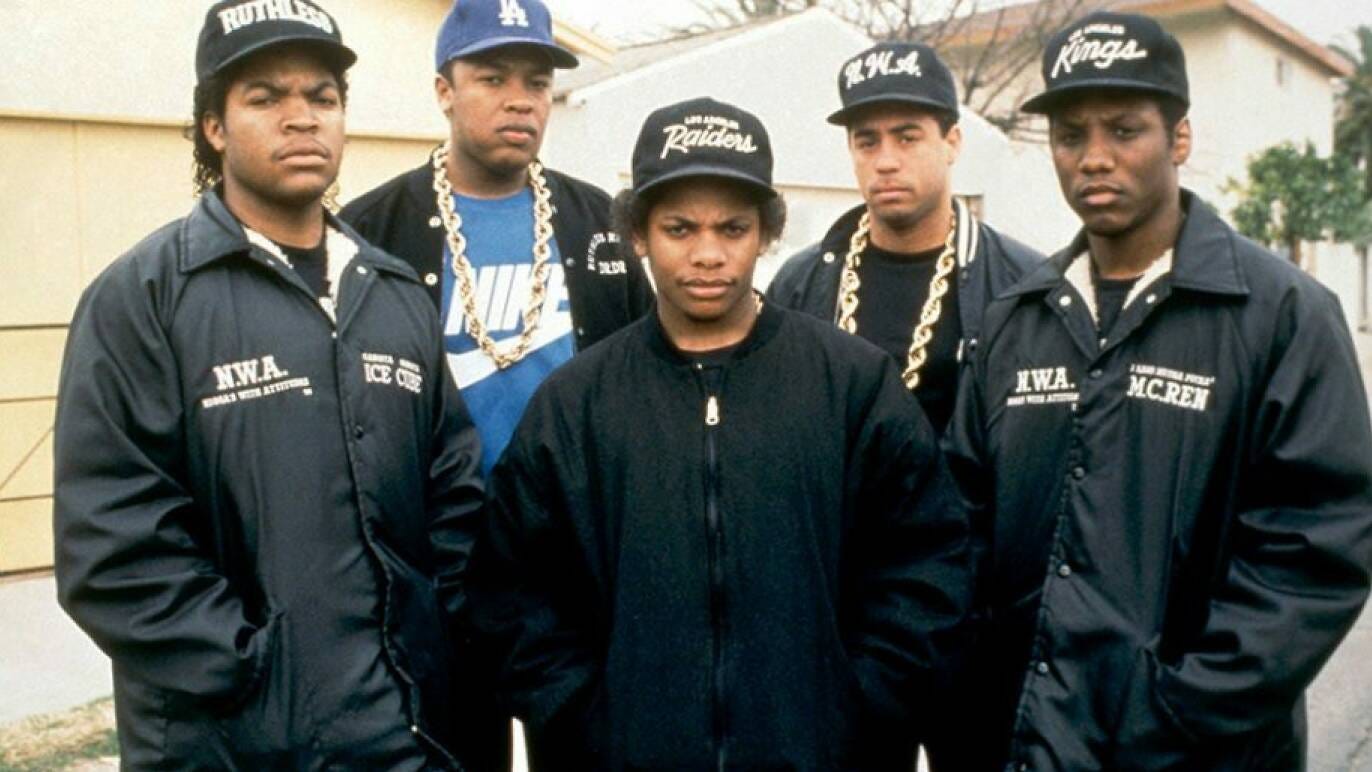Rob Henderson recently received his PhD in psychology at St. Catharine’s College, Cambridge. Zach Goldberg is a former research fellow at CSPI and currently affiliated with the Manhattan Institute. They both join the podcast to talk about Rob’s idea of “luxury beliefs” and Zach’s new paper testing the theory in the context of attitudes towards criminal justice policy. Richard wonders about the extent to which one can say any individual actually suffers the consequences of their political beliefs, since the views of one person rarely change a policy outcome.

Later on in the conversation, Richard asks whether the luxury beliefs idea absolves inner city communities of their own shortcomings and serves as a way to put the blame on mostly white elites. Zach and Rob point to polls showing that blacks are more supportive than white liberals of spending money on police, which leads to a discussion of whether we can interpret such data in a different way and would be better served by putting more stock in factors such as how much communities cooperate with law enforcement, how they vote, and the kinds of politicians they support. The host and two guests also debate the extent to which liberal elites have actually pushed harmful ideas onto the masses, and if influential figures could change attitudes and behavior if they actually tried.
Listen in podcast form or watch on YouTube.
Links:














